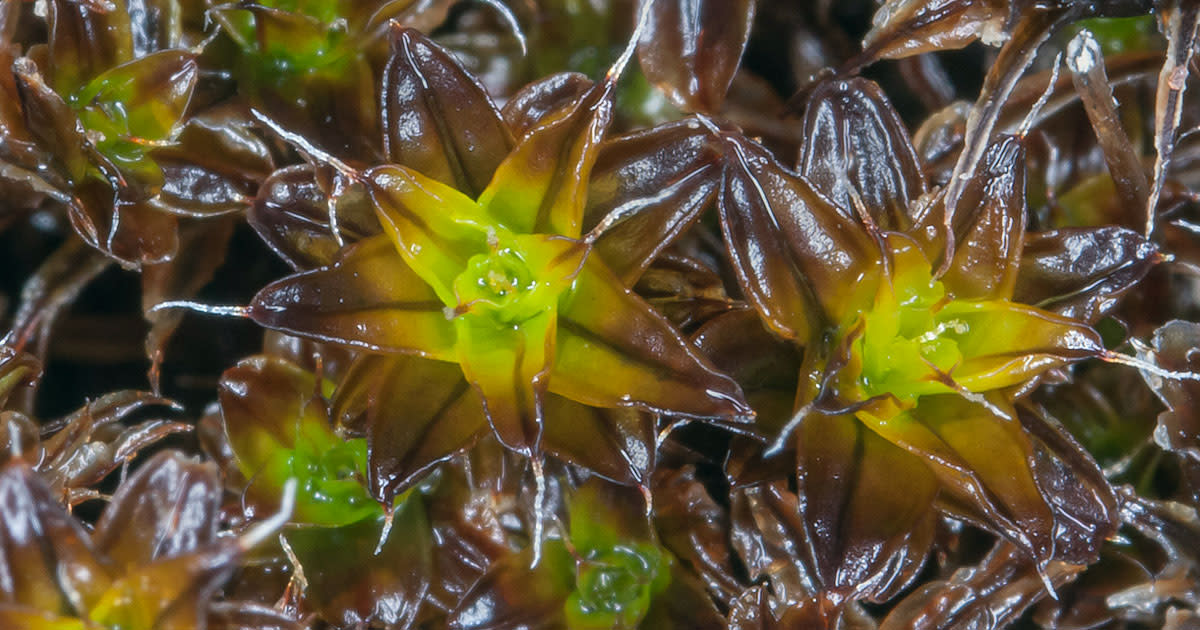Scientists Identify Plant That Could Grow on Mars

Mars Moss
Scientists in China claim to have discovered a kind of desert moss that thrives in a variety of conditions, from Antarctica to the Mojave desert — and which, they say, could survive on the surface of Mars without being sheltered inside a greenhouse.
As The Guardian reports, the moss — called Syntrichia caninervis — just might help transform the Red Planet's hostile environment, where the rocky surface experiences freezing average temperatures of minus 80 degrees Fahrenheit, and the atmosphere is not only 100 times less dense than Earth's but is made up of 95 percent carbon dioxide and less than one percent oxygen.
In other words, it would take some of the hardiest plants on Earth to grow on the planet's surface.
"The unique insights obtained in our study lay the foundation for outer space colonization using naturally selected plants adapted to extreme stress conditions," the researchers wrote in their paper, published in the journal The Innovation.
Lusty Lichen
Growing Earth-based plants on Mars could help us make its barren surface at least a little bit more habitable.
"Cultivating terrestrial plants is an important part of any long-term space mission because plants efficiently turn carbon dioxide and water into oxygen and carbohydrates – essentially the air and food that humans need to survive," University of Florida moss expert Stuart McDaniel told The Guardian. "Desert moss is not edible, but it could provide other important services in space."
Apart from allowing other plants to grow, the moss itself "is not tasty and does not make a great addition to the salad," SETI Institute researcher Agata Zupanska added.
For their paper, the Chinese researchers simulated the extremes of the Martian environment, finding that the desert moss miraculously survived five years at temperatures of minus 112 degrees Fahrenheit. It could even spring back to life after being almost completely dehydrated.
It was also astonishingly resistant to a barrage of radiation, and actually grew under certain doses of gamma rays.
"Looking to the future, we expect that this promising moss could be brought to Mars or the moon to further test the possibility of plant colonization and growth in outer space," the researchers concluded in their paper.
Yet plenty of questions remain.
"These experiments represent an important first step, but they do not show that the moss could be a significant source of oxygen under Martian conditions, nor do they show that the desert moss could reproduce and proliferate in the Martian context," McDaniel told The Guardian.
"In my opinion, we are getting close to growing plants in extraterrestrial greenhouses, and moss certainly has a place in those," Zupanska added, arguing that claiming the moss is ready to terraform Mars is an "exaggeration."
More on Mars: NASA Astronaut Says Elon Musk's Mars Colony Sounds "Horrible"

 Yahoo News
Yahoo News 
